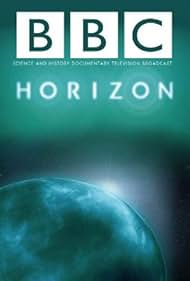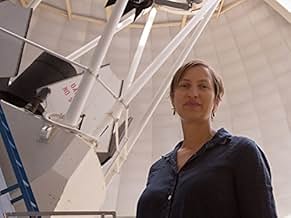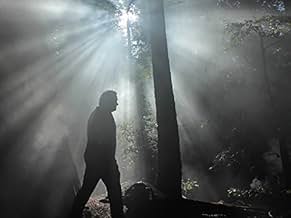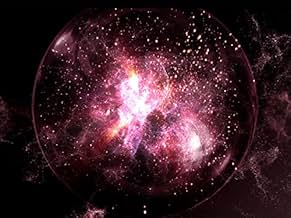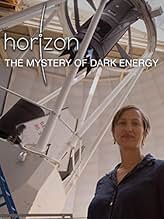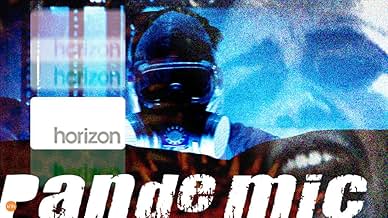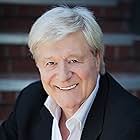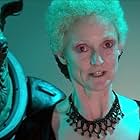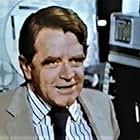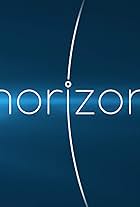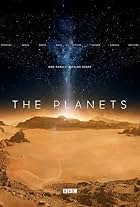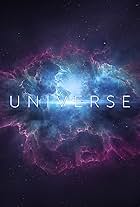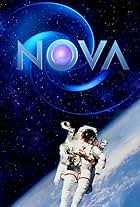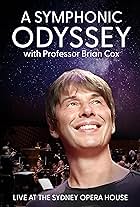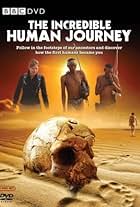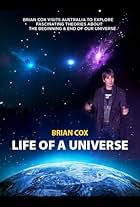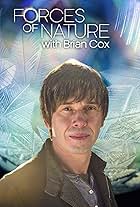Horizon
- Serie de TV
- 1964–
- 50min
PUNTUACIÓN EN IMDb
8,5/10
1,2 mil
TU PUNTUACIÓN
Serie documental británica que cubre una variedad de temas de ciencia y filosofía.Serie documental británica que cubre una variedad de temas de ciencia y filosofía.Serie documental británica que cubre una variedad de temas de ciencia y filosofía.
- Ganó 8 premios BAFTA
- 12 premios y 17 nominaciones en total
Explorar episodios
Argumento
¿Sabías que...?
- CuriosidadesA significant number of episodes made in the 1960s and 70s are now lost after the tapes were wiped and reused.
- ConexionesFeatured in Screenwipe: Episodio #1.2 (2006)
Reseña destacada
Horizon is a prism... it is mostly scientific, retaining much of its earliest episodes in its latter ones (although not quite the details, especially when it concerns physics).
Its episodes concerning astronomy, in particular, are usually awe-inspiring, and although Horizon attempts to add in musical details that add to the whole picture (thus sensationalizing it, effectively) it does mostly succeed in conveying both the artistic aspect of what science could achieve and the actual details themselves, although when tackling topics that are more philosophical, like infinity, sensationalism may take over with not as many details.
Horizon also tries to explain sociological issues that verge on the scientific, like the placebo effect and autism; with the former it does succeed (in my opinion) in conveying both the hard science and psychology behind it, despite involving some random people... whereas, with autism, it fails scientifically, and seems to involve random people for no apparent reason.
Generally, as long as Horizon concentrates on the science it succeeds, but when it ends up speculating on anecdotes it doesn't so well (even with the earlier episodes, individual scientists were interviewed but they didn't necessarily talk about themselves).
Science should be at the centre of any documentaries that attempt to tackle such questions (autism clearly involves neurotransmitters e.g. and yet none were mentioned). Anecdotes should be used only in rare, specific cases like Henry Molaison's.
Overall, though, Horizon does seem to present science well...
Its episodes concerning astronomy, in particular, are usually awe-inspiring, and although Horizon attempts to add in musical details that add to the whole picture (thus sensationalizing it, effectively) it does mostly succeed in conveying both the artistic aspect of what science could achieve and the actual details themselves, although when tackling topics that are more philosophical, like infinity, sensationalism may take over with not as many details.
Horizon also tries to explain sociological issues that verge on the scientific, like the placebo effect and autism; with the former it does succeed (in my opinion) in conveying both the hard science and psychology behind it, despite involving some random people... whereas, with autism, it fails scientifically, and seems to involve random people for no apparent reason.
Generally, as long as Horizon concentrates on the science it succeeds, but when it ends up speculating on anecdotes it doesn't so well (even with the earlier episodes, individual scientists were interviewed but they didn't necessarily talk about themselves).
Science should be at the centre of any documentaries that attempt to tackle such questions (autism clearly involves neurotransmitters e.g. and yet none were mentioned). Anecdotes should be used only in rare, specific cases like Henry Molaison's.
Overall, though, Horizon does seem to present science well...
- Urutengangana
- 18 jul 2015
- Enlace permanente
Selecciones populares
Inicia sesión para calificar y añadir a tu lista para recibir recomendaciones personalizadas
- How many seasons does Horizon have?Con tecnología de Alexa
Detalles
- Duración50 minutos
- Color
- Mezcla de sonido
- Relación de aspecto
- 1.33 : 1
Contribuir a esta página
Sugerir un cambio o añadir el contenido que falta

Principal laguna de datos
By what name was Horizon (1964) officially released in Canada in English?
Responde